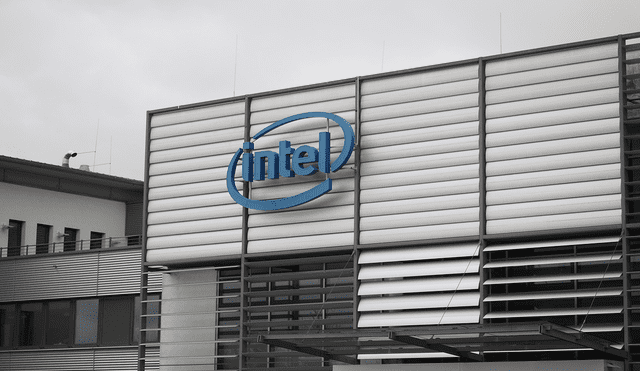How Intel could reach $200 Billion in value if it breaks up
Could Intel be worth more than $200 billion? Learn how breaking up the company might unlock significant value and reshape its future.

Intel (INTC), once a dominant force in the semiconductor industry, is currently facing a period of intense scrutiny as it searches for ways to maximize shareholder value. With competition in the chip market intensifying, rumors are circulating about potential strategic moves that could reshape the company's future.
Among the speculated changes, deals with rivals such as Taiwan Semiconductor (TSM) and Broadcom (AVGO) are being discussed, each with the potential to dismantle parts of Intel's business, as reported by the Wall Street Journal. The growing interest from these companies signals that significant shifts could be on the horizon for Intel.
While Intel's current stock performance has been disappointing, the possibility of restructuring the company through strategic partnerships or acquisitions presents an opportunity for revitalization. However, such changes come with their own set of challenges, including regulatory approvals and the need for operational adjustments.

ALSO SEE: Southwest Airlines announces first mass layoffs in 50 Years, 15% of corporate workforce affected
Broadcom and Taiwan Semiconductor show interest
Even when they are not interested in Intel as a whole, potential buyers show interest in acquiring some parts of the company. Broadcom is said to be focused on acquiring Intel's profitable chip design and marketing business, while Taiwan Semiconductor is reportedly interested in controlling some or all of Intel's chip manufacturing plants.
These potential deals, as reported by the Wall Street Journal, could lead to a major restructuring within Intel, breaking up its operations into smaller, more specialized divisions.
Evercore analyst Mark Lipacis, in an assessment with Yahoo Finance, placed Intel’s conservative valuation at $167 billion, equating to $38.24 per share. However, in a more optimistic projection, Intel's potential valuation could reach even $237 billion, or $54.18 per share.
The challenges of a potential deal
Yes, breaking up Intel could increase the company's value, but not everything would be easy. Regulatory approvals would likely be required from multiple countries, including China.
Additionally, Intel's factories are primarily designed to produce a not very high amount of processors, which raises questions about whether they could efficiently produce chips for external customers.
Intel’s foundry business also reported a significant operating loss in 2024, unlike Taiwan Semiconductor, which reported a 45% operating margin.

ALSO SEE: How to apply for a New York Driver’s License: Step-by-Step Guide, requirements, and fees in 2025
The U.S. Government's role
In November 2024, the Biden-Harris Administration and Intel Corporation announced that the U.S. Department of Commerce and Intel have finalized an agreement outlining terms to provide the company with as much as $7.86 billion in direct funding for its semiconductor manufacturing initiatives under the U.S. CHIPS and Science Act. This, to advance Intel's commercial semiconductor manufacturing and advanced packaging projects in Arizona, New Mexico, Ohio and Oregon.
This is why, the U.S. government could be wary of a foreign company fully acquiring Intel, given the company’s deep ties to the U.S. Department of Defense. The Trump administration, in particular, could be reluctant to allow a foreign entity to take control of a company that plays a critical role in U.S. defense initiatives.
Analysts also suggest that a more favorable outcome might involve the U.S. working with Taiwan Semiconductor to expand its U.S. manufacturing presence rather than allowing a full acquisition of Intel’s manufacturing business.











